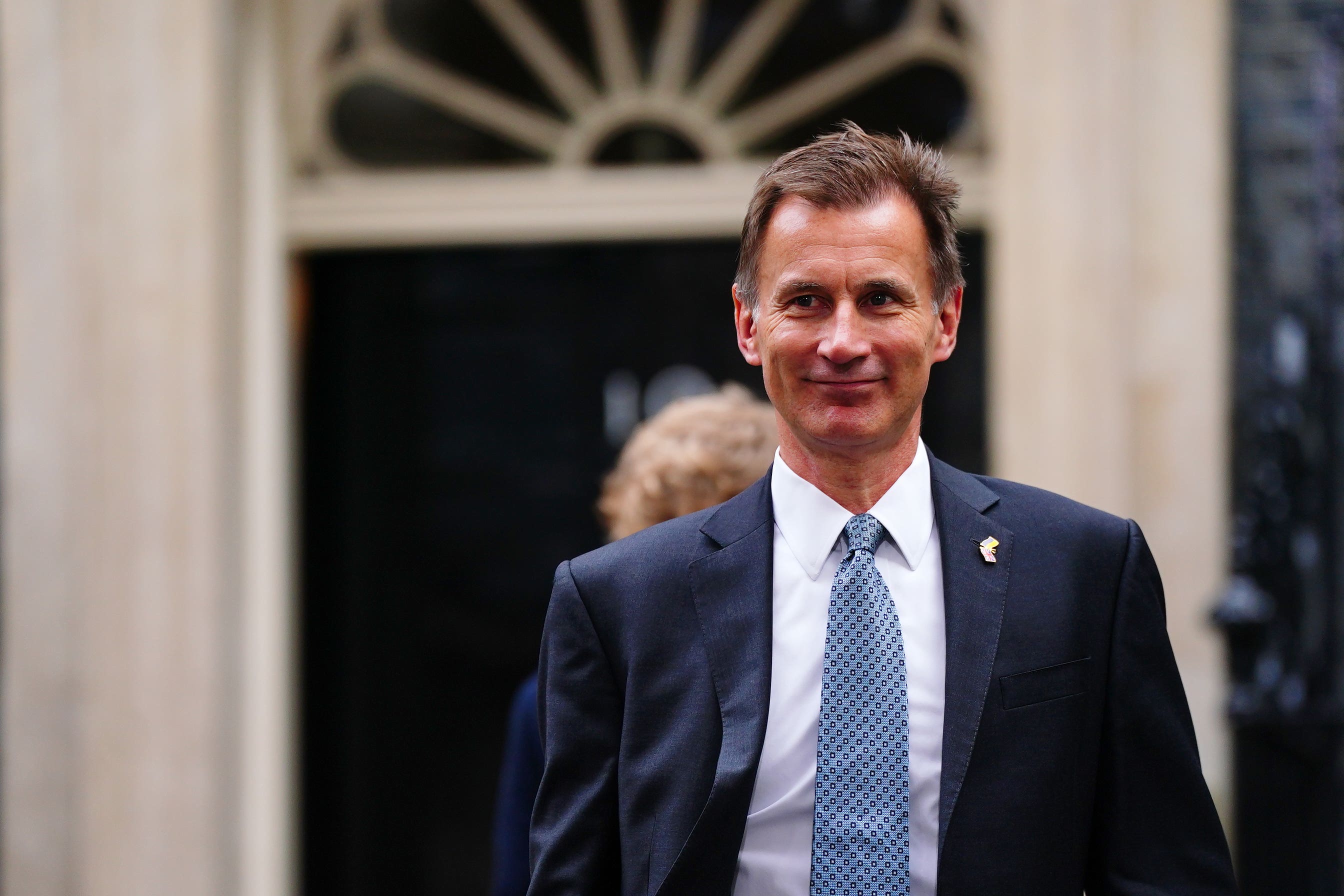
Chancellor Jeremy Hunt is set to change how pension savings work when he sets out his Spring Budget to MPs in parliament this week.
Mr Hunt will reportedly increase the lifetime allowance (LTA) on tax-free pension savings on Wednesday from £1.07 million to £1.8 million.
If the change goes ahead it would take the allowance to the joint highest level on record.
He is also set to increase the £40,000 annual cap on tax-free contributions to pensions to £60,000, in changes that would be a boost for some of the wealthiest people in the country.
Who is eligible?
The proposed changes would affect you if you pay more than £60,000 into your pension annually, or if you have saved more than £1.8 million over your lifetime.
The average salary for a full-time role in the UK in 2021 was £38,131.
How much would it cost?
The changes would cost the Treasury £2bn per year, according to The Times.
How much can you earn?

The LTA is the total amount of money you can build up in a workplace benefit pension scheme and the savings in a defined contribution pension before you must pay tax.
Increasing the allowance means that people could avoid paying as much as £180,000 in tax on their pension pots when they draw the money, according to The Times.
Reports differ about how much Mr Hunt could raise the LTA in his fiscal statement on Wednesday.
The Times said the chancellor would hike it to £1.8 million, while The Daily Telegraph said it could be set to more than £1.5 million.
The pension lifetime allowance was first applied in 2006 when it was set at £1.5 million.
It rose to a peak of £1.8 million by 2012 before gradually being cut and was due to stay at £1.07 million until 2026 but Mr Hunt could choose to bring a change forward.

Why is the government proposing the changes?
The Treasury did not comment on either of the proposals but some are interpreting the move as the government’s attempt to grow the stalling economy and reverse the trend of early retirement, particularly among doctors and consultants.
In his Bloomberg speech earlier this year, Mr Hunt vowed to consider measures that would help the over-50s who had taken early retirement during or after Covid-19 to return to work.
Speaking in January, he said employment levels were lower than they were before the coronavirus pandemic by around 300,000 people.
Mr Hunt said: “So, to those who retired early after the pandemic, or haven’t found the right role after furlough, I say: Britain needs you.
“And we will look at the conditions necessary to make work worth your while.”







